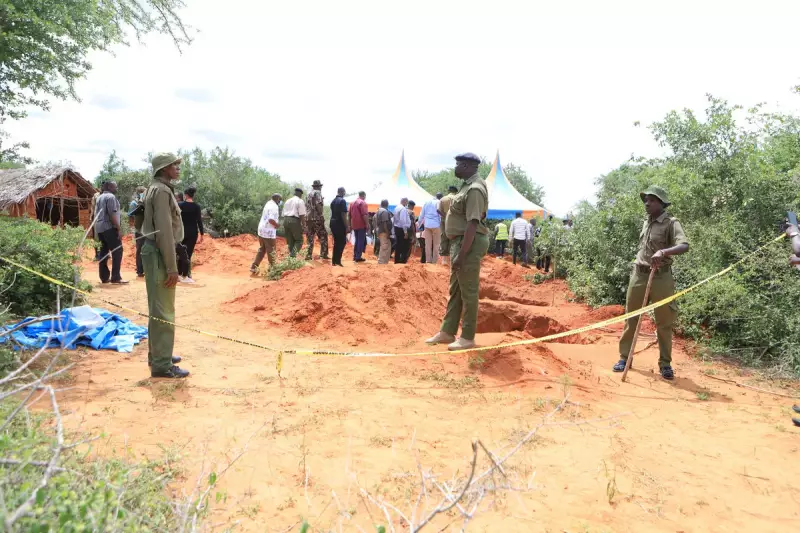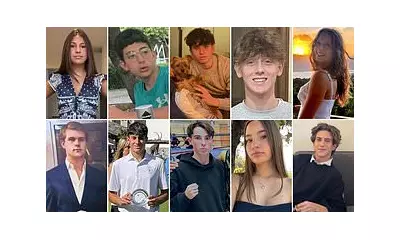
In a case that has horrified the nation and the world, Kenyan cult leader Paul Nthenge Mackenzie has entered a plea of not guilty to a staggering 191 counts of murder. The charges are linked to the devastating mass death of his followers in the Shakahola forest, a tragedy now known as the 'Shakahola Forest Massacre'.
The self-proclaimed pastor, who operated the Good News International Church, is accused of instructing his congregation to starve themselves to death in order to 'meet Jesus'. The grim discovery of hundreds of bodies in shallow graves has made this one of the most severe cult-related incidents in modern African history.
A Grisly Discovery Unfolds
The scale of the tragedy is immense. Since exhumations began in April of last year, authorities have recovered the bodies of 429 people from the remote forest site. Heartbreakingly, the vast majority of the victims were children. Post-mortem examinations have confirmed that the primary cause of death was starvation, with some victims showing signs of strangulation or suffocation.
Mackenzie, who was arrested in April 2023, has been in custody ever since. He appeared in a packed court in the port city of Mombasa to face the formal charges. The hearing was conducted under tight security, reflecting the intense public interest and anguish surrounding the case.
Not Guilty Pleas and Co-Defendants
Mackenzie was not alone in the dock. Thirty of his co-defendants also pleaded not guilty to a range of charges, including torture and manslaughter. The prosecution's case is being built on a mountain of evidence gathered from the vast forest site, a process that is still ongoing.
Chief Magistrate Alex Iltuko has transferred the case to the High Court for trial. The next hearing is scheduled for 7th October, where a start date for the full trial will be set. The wheels of justice are turning, but for the families of the victims, the wait for answers continues.
A Nation Seeks Answers
The Shakahola case has sent shockwaves through Kenya, prompting serious questions about the regulation of religious organisations and how such a extreme group could operate undetected for so long. A state-funded commission of inquiry is currently investigating the government's response to the cult and is expected to recommend new laws to govern religious bodies.
As the legal proceedings advance, the world watches, hoping that justice will be served for the hundreds of lives tragically lost in what has become a profound national trauma.





